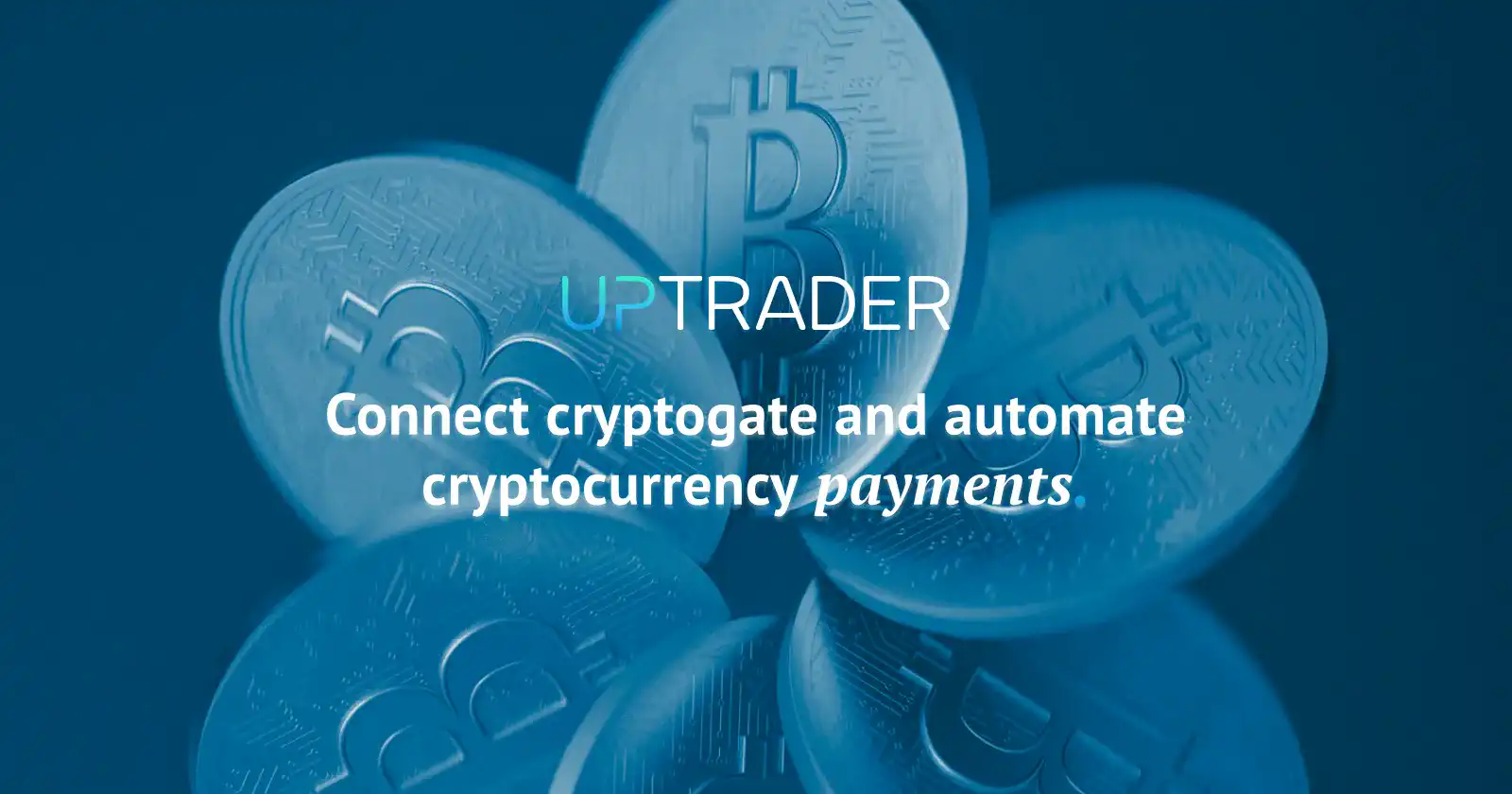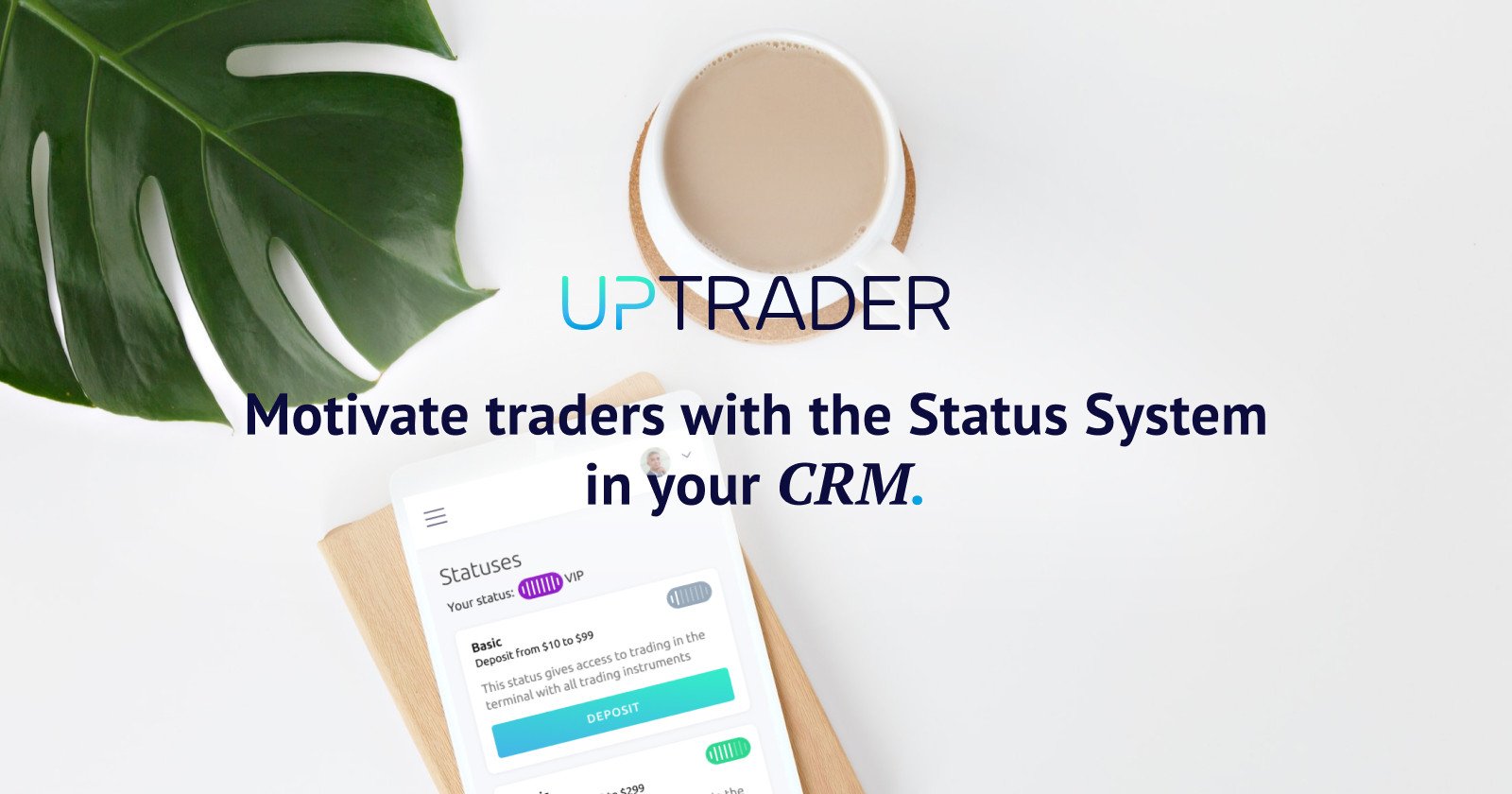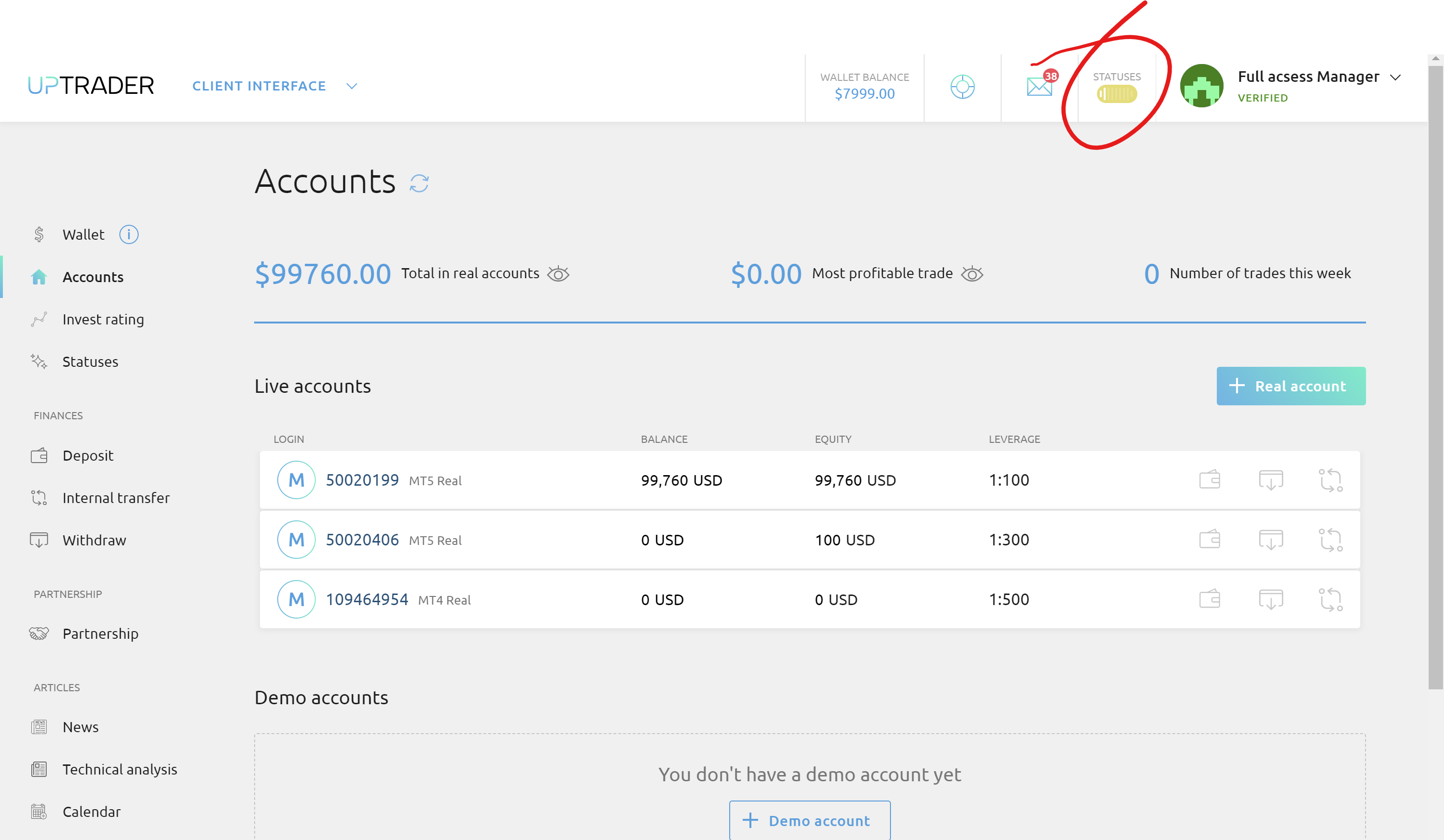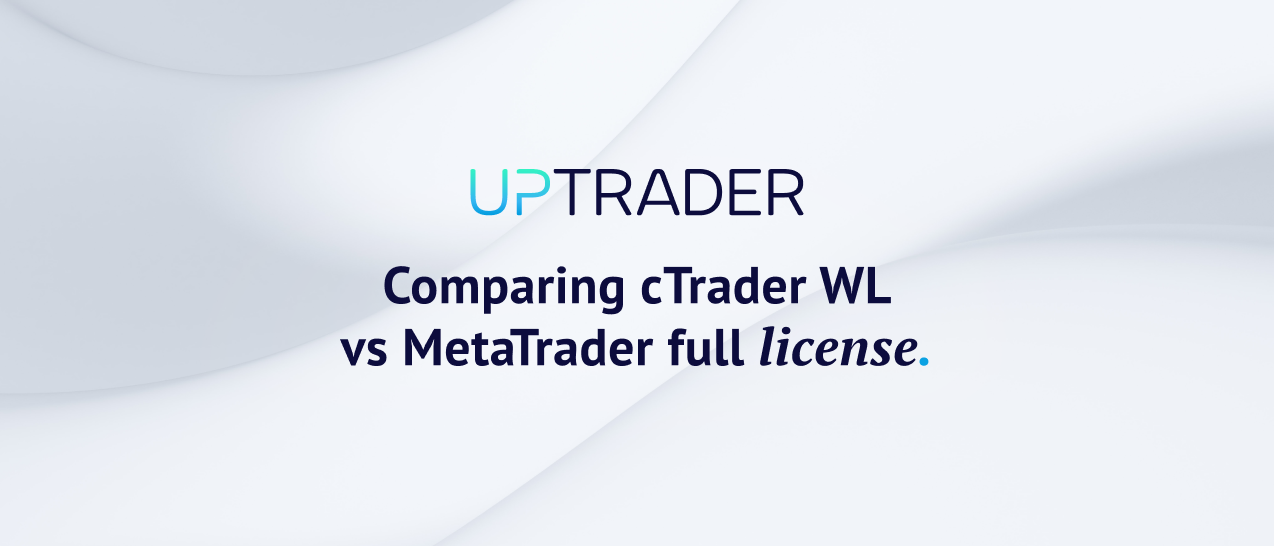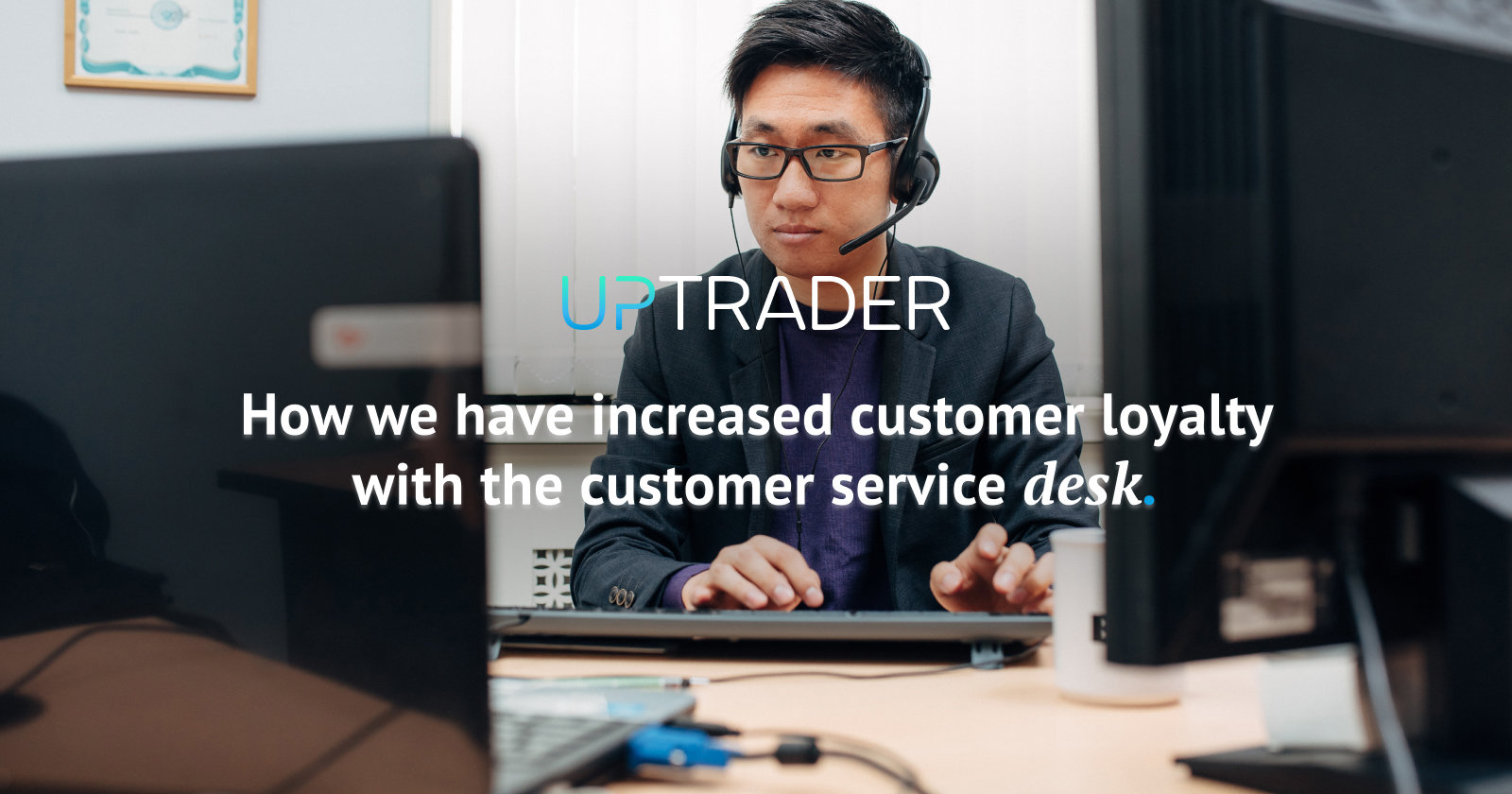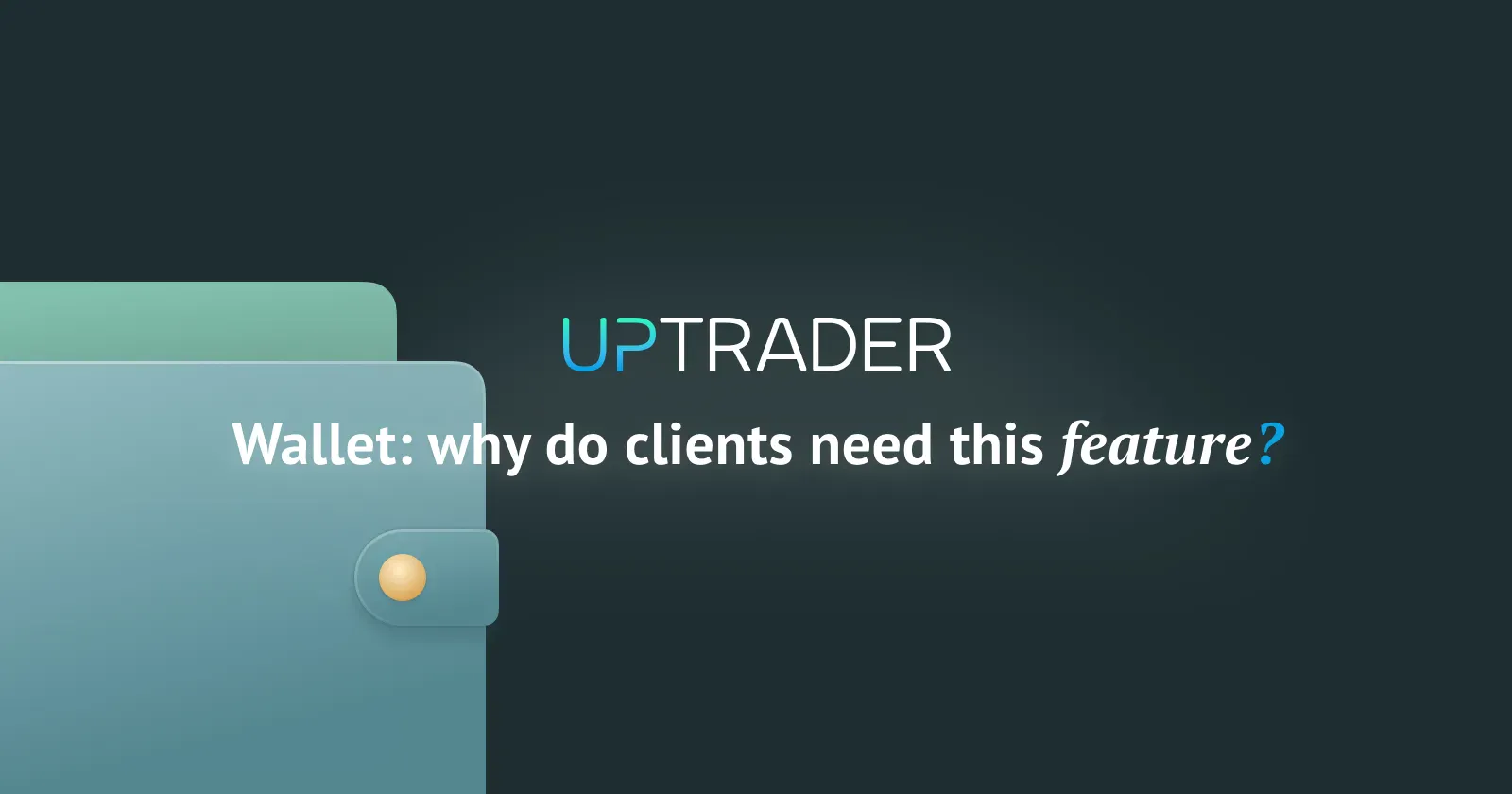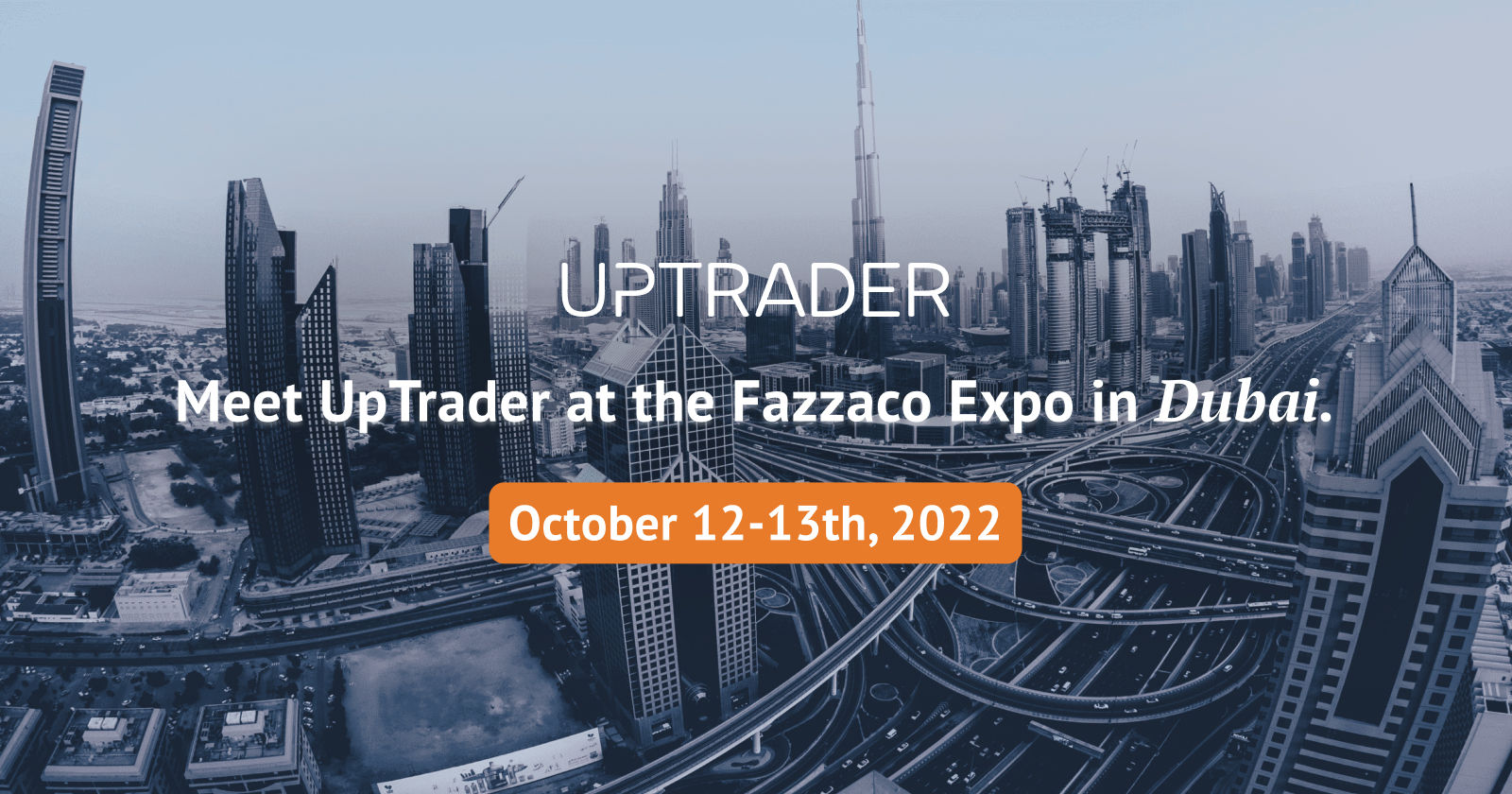Truth be told, both trading platforms are good, reliable, error-free, and stable. Both platforms are professional and time-tested. They offer a number of useful tools, including charts, indicators, and the ability to develop custom plugins. So when comparing trading characteristics or pricing, we only aim to highlight the most significant differences between the platforms to facilitate your research and simplify your choice.
Besides, we will compare WL cTrader and MetaTrader 5 Full License specifically, because WL on cTrader is much more popular than Full License. Since October 2022, it has become very difficult to buy a WL MetaTrader 4/5, so it is much easier to get a Full License from MetaQuotes.
MetaTrader 5 Full License vs WL cTrader
| |
MetaTrader 5 Full License
|
White Label cTrader
|
|
Setup fee
|
5,000
|
1,000
|
|
Monthly fee
|
5,000
|
1,000
|
|
UpTrader monthly maintenance fee
|
2,000
|
Volume fees, from $1000
|
|
A-Book/B-Book Settings
|
Groups level
|
Symbol of the Group Level
|
|
Markup Settings
|
Symbols level
|
Symbol of the Group Level
|
|
Duplicate/transfer Settings
|
no
|
yes
Protection Profiles Volume Profiles Leverage Profiles Execution Profiles Commission Profiles Symbol Sessions Profiles
|
|
Configurable dynamic
|
yes
|
yes
|
|
Dynamic Leverage
|
no
|
yes
|
|
commissions Trade Report
|
yes
|
yes
|
|
Number of accounts
|
limited (pay for extra)
|
unlimited
|
|
Number of symbols
|
unlimited
|
unlimited
|
|
Inactivity Fees
|
no
|
yes
|
|
Swap Free Account Admin Fees
|
no
|
yes
|
|
Integrated Copy Trading System Accounts
|
no
|
yes
|
|
Advanced take profit/stop loss levels
|
no
|
yes
|
|
Integrated IB Programme
|
no
|
yes
|
|
Server and Scalability Issues
|
on the broker’s side
|
fully managed by Spotware
|
|
Proxy Cloud for Global Low-Latency Connectivity
|
no
|
yes
|
|
Charts
|
3 types of charts, 21 time frames, and 38 built-in technical indicators
|
9 types of charts, 54 time frames, and 70 built-in technical indicators
|
|
Compliance
|
hard
|
easy
|
Transparency is the key difference
The platforms are still different and the key difference between them is in the transparency of order execution. cTrader's policy is focused on keeping order execution transparency under their control. They keep execution records and allow traders to view these records. It is not possible to manipulate prices because they prevent users from editing the databases. Order execution in MetaQuotes is not transparent, so along with the way the platform is set up, there is more room for manipulation, which scammers can take advantage of. In this case, MetaQuotes shows the brokers the door.
Compliance
Another key difference between the platforms is the compliance process. Since cTrader controls the brokerage activity within the platform itself, including both the recording of trades and order execution transparency, they can welcome anyone because they do not risk anything. MetaQuotes, on the contrary, tries to find out whether the broker is reliable or not before the purchase goes through. Their compliance process requires customers to have the correct jurisdiction, bank accounts, and so on. This information should already indirectly confirm that the company is going to operate within the bounds of the law. Incidentally, because MetaQuotes pays such close attention to compliance, it has become virtually impossible to buy their White Label. In case of White Label, they do not know to whom they are selling the terminal rights. In case of a full license, MetaQuotes is calm since they have all the broker’s details.
Interface
The platforms have different design. At first glance, MetaTrader 5 looks outdated, they only have the light theme which does not change, the charts look complicated.
cTrader’s interface looks more clear and modern. In addition, cTrader offers two themes: dark and light, which is very popular with users. At the same time, cTrader and MetaTrader are fairly similar in terms of the interface. Its graphical features, account management tools, testing capabilities, and technical indicators easily compete with those from MetaTrader.
Charts
The way users can interact with charts is different. For example, to change chart settings in MT5, you need to select the active chart and then make changes to the settings. In cTrader, each chart has its own toolbar, making it easier to manage the charts. Both platforms are generously stocked with indicators. The MT5 has more tools for technical analysis, such as Fibonacci, Gann, and Channel tools. cTrader, on the other hand, has other advantages such as charts that you can extend across several monitors.
In addition, cTrader offers more time frames and the possibility to display ticks on the main chart where you can use indicators and different types of charts, and not only a line chart in the Market Watch section as in MT5.
A-book, B-book.
Both platforms support both types of execution. However, since the possibility to manipulate trades in cTrader is limited, ECN/STP brokers choose it more often, while B-brokers prefer MT5. This is an important difference between the platforms that often makes brokers choose MetaTrader. Nevertheless, this does not mean at all that a B-broker on MT plans to manipulate data. MT has much wider possibilities for writing plugins and a huge market where you can buy ready-made plugins. In cTrader, there is no market and no possibility to write anything without their Software team. Of course, many companies do not like this and are therefore more inclined to choose MT. Moreover, MT offers both A-book and B-book, and the honesty of their work can be confirmed by modern tech escrow intermediaries. Wiring their money through them gives traders a guarantee that it will be received. This is how Serenity Escrow works, for example.
Serenity Escrow
Serenity Escrow is an intermediary between a broker and a trader. Escrow uses blockchain technologies and works through smart contract. Blockchain transparency allows to compensate for non-transparent transaction execution. Deposits and withdrawals on the broker’s side are made through the smart contract, and the trader's funds are stored on the smart contract until one of the parties applies for withdrawal of these funds. Since all deposits are stored on the smart contract, if the client or broker disagrees (clients can also be cheaters), the arbitration panel reviews the transaction documentation and makes a verdict on who will receive the funds. Thus, Serenity serves as a guarantee of the broker's honest work and payments. Serenity will also add to the broker's reputation and provide guarantees to the traders in all cases: for the brokers working both on cTrader and MetaTrader, for brokers operating as a hybrid scheme with both A-book and B-book, and for brokers only working as an A-book.
Read more about Serenity here
